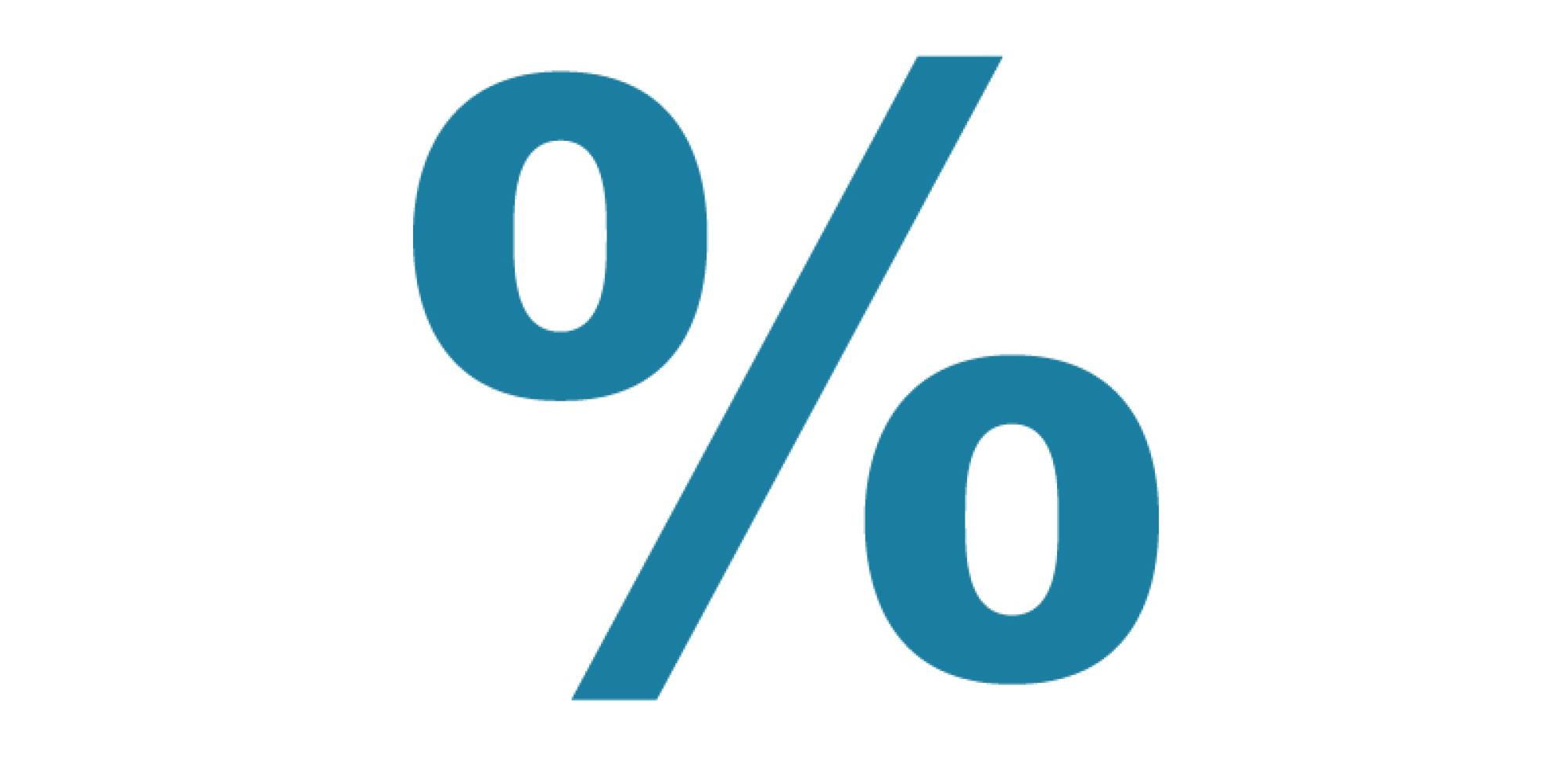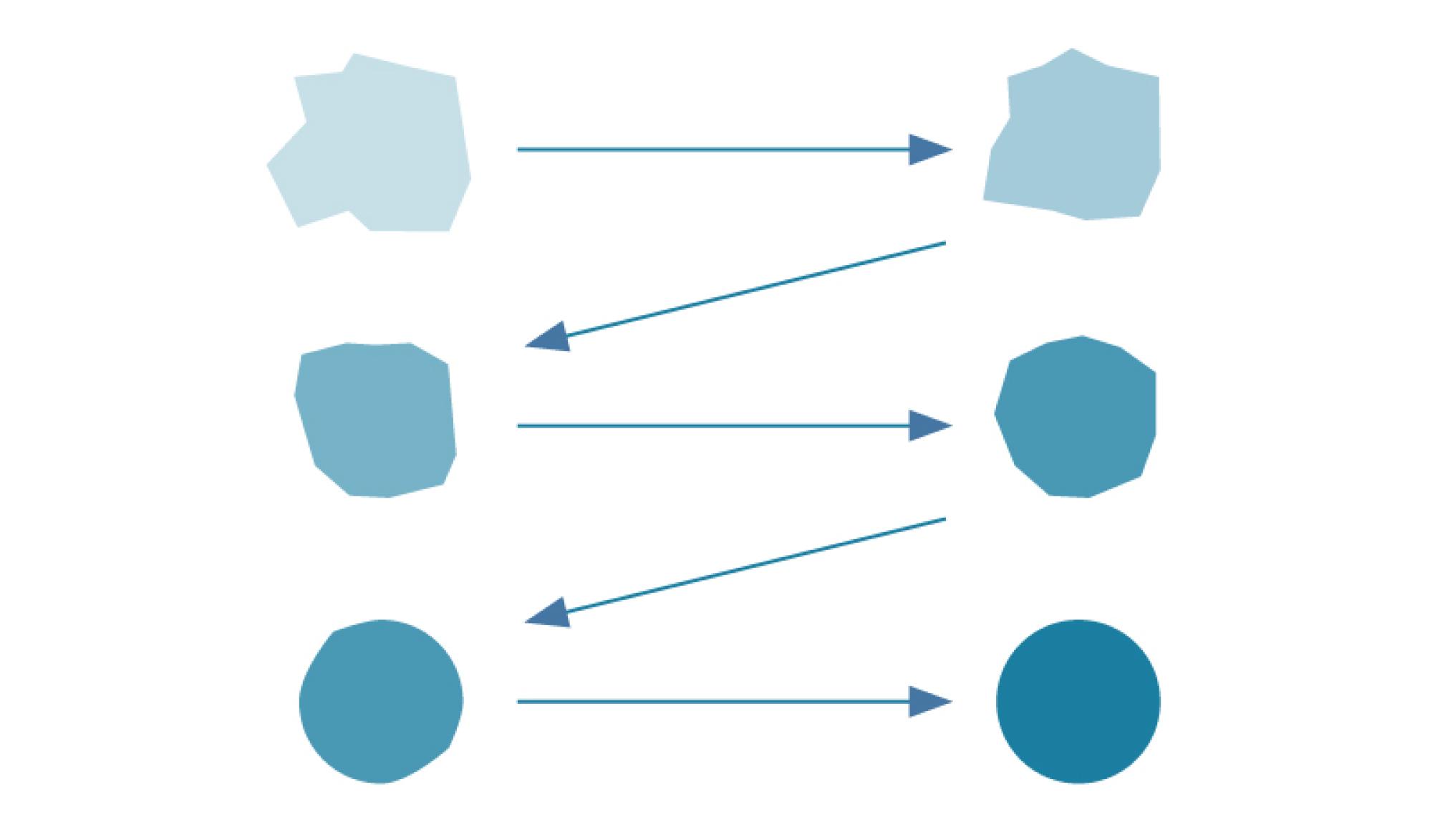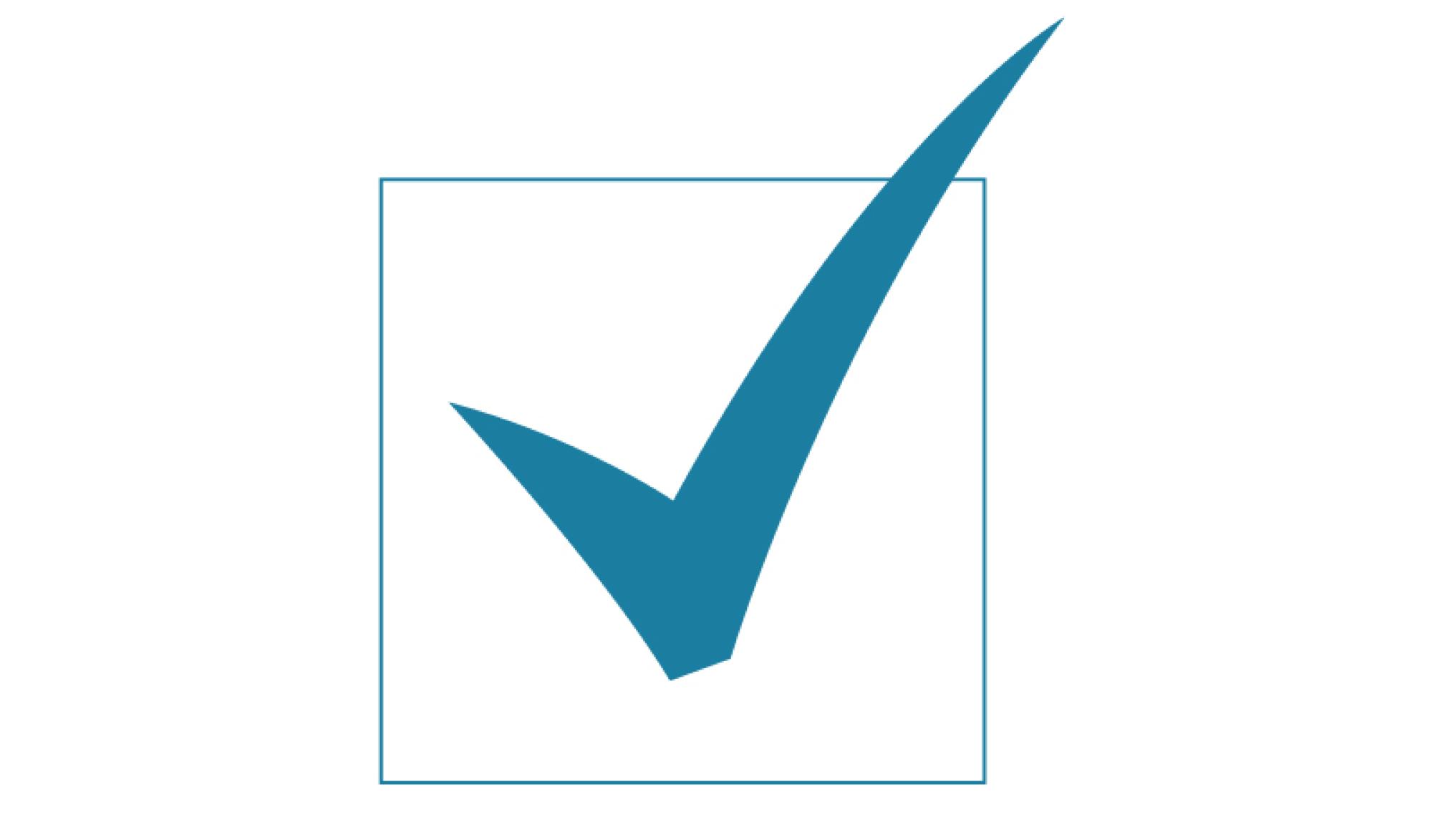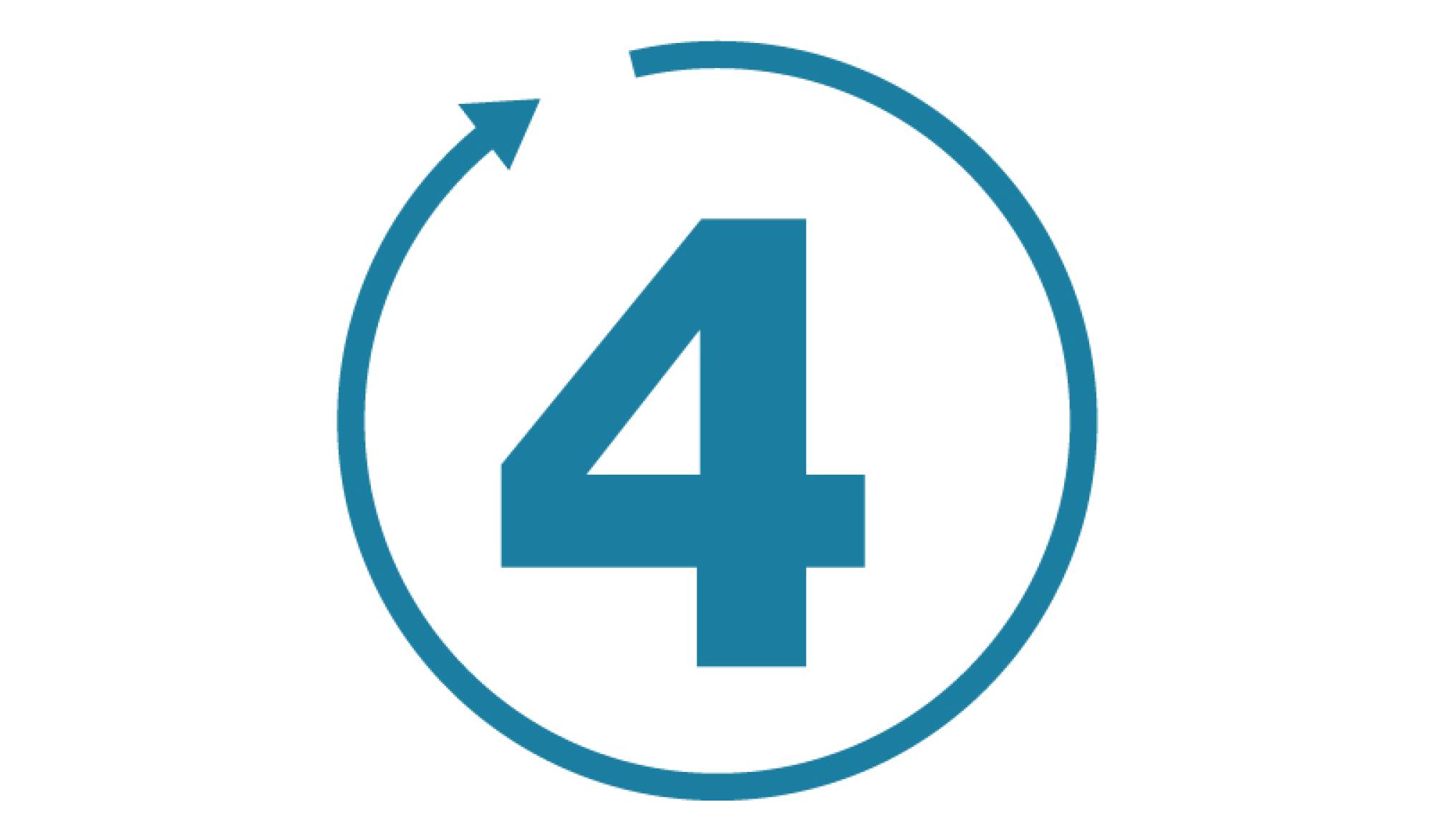Particularities of Parliament
Shifting majorities

Several parties are represented in Parliament, none of which holds a majority. Parliament does not have a lasting majority nor a permanent opposition, as is the case in many other countries. Majorities are built on the basis of the issues and depend on which parties agree on an issue.
Two councils with equal powers

In many countries, parliament is unicameral. In Switzerland, Parliament has two chambers – the National Council and the Council of States - which have exactly the same powers and responsibilities. The two chambers deal with the same business in the same way. They must agree on all points for a bill to come into force, and must use the same wording to adopt legislation. Approval by only one chamber is not enough. It often takes time for the National Council and the Council of States to reach an agreement.
Semi-professional Parliament

Most of the members of the Swiss Parliament are not full-time politicians. Part-time politicians bring hands-on expertise to debates due to their professional experience, and they are more grounded and accessible to the people. However, council members spend more and more time on their parliamentary work, some even full-time. This gives Switzerland a mixture of part-time and full-time politicians.
Resolution of differences

In the event that the National Council and the Council of States are unable to reach an agreement on an item of business, the business is sent from one chamber to the other for a resolution of differences, where it is examined by the preliminary consultation committees. If the National Council and the Council of States are still not in agreement about the business after three rounds, a reconciliation conference is held. If there is no agreement on the business, it is abandoned.
Three official languages

Parliament debates and enacts laws in the country’s three official languages (German, French, Italian), and in certain cases also in Romansh. In the National Council, statements are translated simultaneously into the three official languages. Multilingualism reflects the respect for minorities, which is the basis for living together in Switzerland. Every statement is published in the language in which it was submitted in the Official Bulletin.
Voting recommendations

Popular votes are held regularly in Switzerland. Parliament and the Federal Council provide voting recommendations on each proposal in an explanatory pamphlet that is sent to all voters before the vote. The pamphlet is also available online.
Stability

The government
and Parliament are elected for a period of four years, and cannot be dissolved.
Parliament’s decisions are not an expression of confidence or no confidence in
the government. Parliament can send back, amend or reject draft legislation, without
the government having to step down. This gives Parliament a strong position. In
addition, Parliament is the only body at national level that is directly
legitimised by the People.
The People have the last word

In Switzerland,
it is not Parliament that has the last word, but the electorate. In addition to
the right to vote, voters have two options for directly influencing
national politics:
Referendums
Popular initiatives